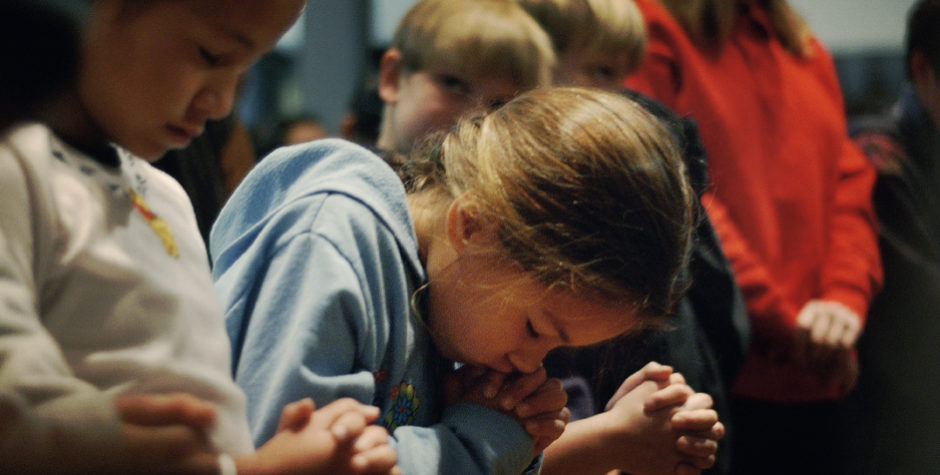The ACLJ Files Brief in Critical Case Involving Discrimination Against Christian Schools
Last week, the American Center for Law and Justice (ACLJ) filed an amicus brief with the Court of Appeals for the First Circuit in Carson v. Makin, a case challenging the state of Maine’s discrimination against Christian schools.
In Maine, there are not enough public secondary schools, especially in rural areas. The state therefore has created a program called the “town tuitioning system.” The way it works is that state funds are used to pay tuition for students at the private school of their choice – unless the school is religious. A Maine statute provides that state tuition funds are not available for “sectarian schools.”
In 2004, the First Circuit Court of Appeals had upheld that statute against a Free Exercise Clause challenge even though the Free Exercise Clause has long been understood to prohibit discrimination on the basis of religious status in distribution of public benefits. For example, a state cannot allow public school students free admission to public museums but charge Christian school students who want to visit the same museum.
Since the First Circuit’s 2004 decision, the Supreme Court of the United States held in Trinity Lutheran Church of Columbia, Inc. v. Comer, 137 S. Ct. 2012 (2017), that a church daycare center could not be excluded from a state grant program providing playground surfacing materials. Trinity Lutheran calls into serious question the First Circuit’s decision upholding the Maine statute forbidding state tuition funds from going to religious schools. (We also filed an amicus brief at the Supreme Court in the Trinity Lutheran case.)
In the brief we filed last week with the First Circuit, we contend that Maine’s anti-discrimination law should not be used to support the state’s discriminatory exclusion of religious schools from receiving state tuition monies.
[T]here can be no dispute that applying [Maine’s anti-discrimination law] would, at a minimum, raise serious constitutional questions. Any requirements that condemned as “discrimination” a religious school’s adherence to its mission integrity, and in particular to religious doctrines on sexuality and human nature, would essentially put the religious school to the choice of changing its doctrines or disqualifying itself from otherwise available public benefits. To condition participation in public programs on such sacrifice of religious identity very likely violates the First Amendment protections for speech and religion.
This Term, the Supreme Court will be hearing Espinoza v. Montana Department of Revenue, a case also involving a school choice program which similarly discriminated against religious schools. With your support, we filed an amicus brief arguing that the Montana program violated the Free Exercise Clause because it disfavored otherwise eligible private entities solely on the basis of their religious identity or activities.
It is possible the First Circuit will wait until the Supreme Court has ruled in Espinoza before deciding Carson v. Makin. But if the First Circuit adheres to its flawed interpretation of the Free Exercise Clause, the ACLJ will be prepared to file additional briefing in support of en banc review.
